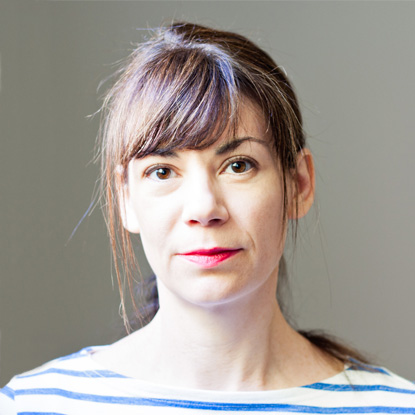I run the Positive Emotion and Social Behavior Lab. We examine how specific emotions influence relationship building and personal well-being outcomes. Much of my work has focused on the emotion gratitude and its role in shaping our relationships with others, both through our personal experience of gratitude and in our expression of gratitude to others.
Bartlett, M.Y., Valdesolo, P. & Arpin, S.N. (2019). The paradox of power: The relationship between self-esteem and gratitude. Journal of Social Psychology, in press. DOI: 10.1080/00224545.2019.1601609
Bartlett, M.Y. & Arpin, S.N. (2019). Gratitude and loneliness: Enhancing health and well-being in older adults. Research on Aging, in press. DOI: 10.1177/0164027519845354
Williams, L.A. & Bartlett, M.Y. (2014). Warm thanks: Gratitude expression facilitates social affiliation in new relationships via perceived warmth. Emotion, 15, 1-5.
Bartlett, M.Y., Condon, P., Cruz, J., Baumann, J. & DeSteno, D. (2012). Gratitude: Prompting behaviors that build relationships. Cognition and Emotion, 26, 2-13.
DeSteno, D., Bartlett, M.Y., Baumann,J., Williams, L.A., & Dickens, L. (2010). Gratitude as moral sentiment: Emotion-guided cooperation in economic exchange. Emotion, 10, 289-293.
Bartlett, M.Y. & DeSteno, D. (2006). Gratitude and prosocial behavior: Helping when it costs you. Psychological Science, 17, 319-325.

